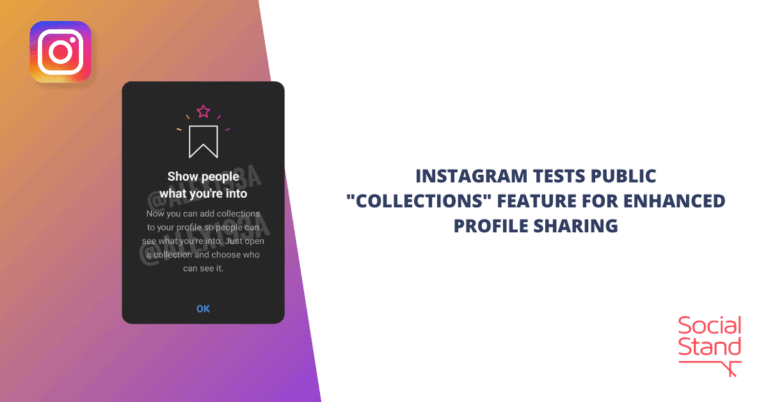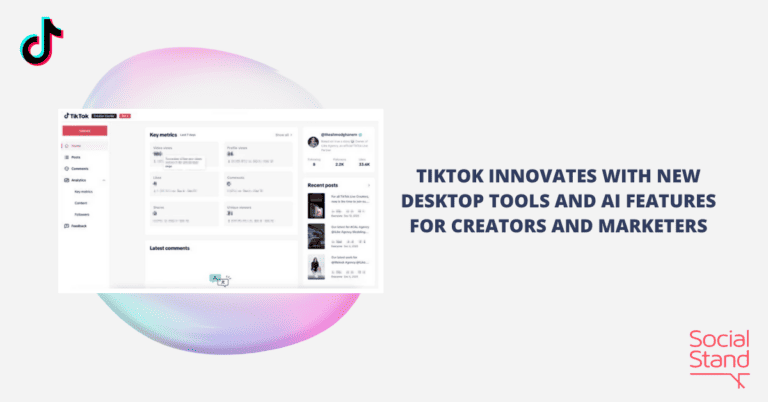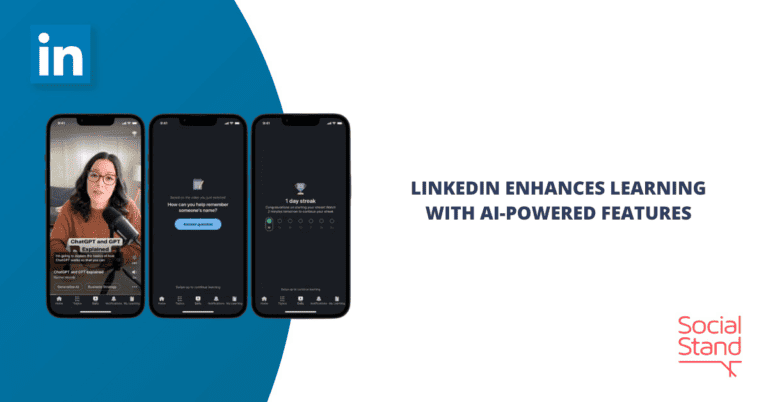VR is one of the key beneficiaries of the COVID-19 pandemic. Because of the lockdowns and social distancing measures, people resort to online connection and recreation. By 2021, the annual revenue of VR gaming in the US is set at $2.9 billion. On Facebook, Oculus Quest 2 has generated millions of revenues. Such a device makes gamers and the community more engaged. This prompts Facebook Oculus Quest 2 to integrate Messenger on VR gaming.
The Success of Facebook’s Oculus Quest

Oculus Quest is a VR gaming headset launched by Facebook in September 2018. Two years after, Oculus Quest 2 made a breakthrough. Around 1 in 3 of its apps makes more than $1 million in revenue. For now, it has 60 titles continuously picking up money. Some of these are:
- Beat Saber rhythm game sold 4 million copies and more than 40 million songs.
- FitXR and Supernatural fitness apps host the most active and passionate VR communities.
- Five Nights at Freddy’s: Help Wanted hitting the $1 million mark in a little over a week.
- Onward hitting the $1 million mark in just 4 days and now on the $10 million marks.
- POPULATION: ONE surpassed a $10 million mark after just a few months.
Facebook Oculus Quest 2 Integrates Messenger on VR Gaming
Facebook has noted that once people use Oculus Quest 2, they’re connecting and interacting with friends on VR gaming. Because of these high social interactions, Facebook integrates Messenger to Oculus Quest 2. This allows gamers to chat within VR gaming via Messenger. They can even chat with their friends in Messenger who are not using VR. The integration also allows a gamer to create an Oculus Party within Messenger. The Oculus Party lets others play together with the Oculus Quest 2 user. To access Messenger via the Oculus Quest device, the gamer must log in to a Facebook account.
Facebook Oculus Quest 2 integrates Messenger on VR gaming on 02 February 2021.
Implications for Marketers:
As Facebook Oculus Quest 2 integrates Messenger on VR gaming, it boosts engagement and integration in both the device and the platform. This is one progression that marketers should take note of. They should prepare using VR in marketing strategies. They can offer VR try-on of their products and services instead of going to a physical store. Or use VR technology to showcase an event or product launch. As the VR market expands, brands should find a way on how to shift with such a technology to increase awareness and conversion.



